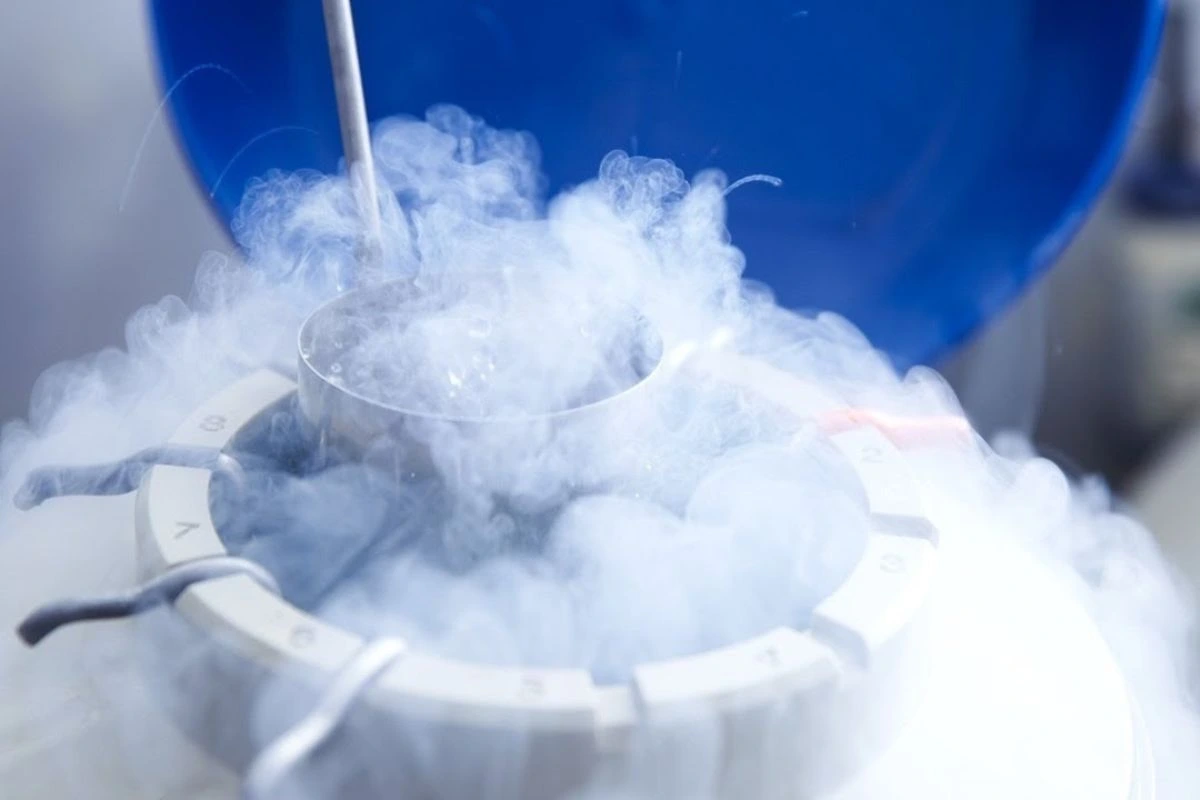Is Egg Freezing Painful?

Egg freezing, or oocyte cryopreservation, is a procedure that allows women to preserve their reproductive potential by freezing their eggs at a younger age or before undergoing treatments that could affect their fertility. In recent years, egg freezing has gained popularity as a proactive approach to family planning, particularly in urban centers like Nairobi, where career dynamics and lifestyle choices often influence reproductive decisions. Given the increasing interest in Egg Freezing in Kenya, one common concern among women is whether the procedure is painful. This article explores the egg-freezing process, addressing the pain involved and other discomforts associated with it.
Understanding the Egg Freezing Process
Egg freezing, or oocyte cryopreservation, is a process designed to preserve a woman’s fertility by freezing and storing her eggs for future use. Here's a detailed look at each stage of the egg-freezing process:
-
Initial Consultation and Testing: The process begins with a thorough consultation, including a medical evaluation to assess fertility health. This might include blood tests to measure hormone levels and an ultrasound to examine the ovaries.
-
Ovarian Stimulation: This stage involves taking synthetic hormones, typically through daily injections for about 10 to 14 days. These hormones stimulate the ovaries to produce multiple eggs, rather than the single egg that normally develops each month.
-
Monitoring: During ovarian stimulation, the development of the eggs is closely monitored through frequent blood tests and ultrasound scans. These checks help track the growth of the follicles, the fluid-filled sacs where eggs mature.
-
Trigger Shot: Once the eggs are mature, a final hormone injection called the trigger shot is administered to finalize egg maturation and begin the ovulation process.
-
Egg Retrieval: Approximately 34 to 36 hours after the trigger shot, egg retrieval is performed. This is a minor surgical procedure done under sedation or anesthesia. A needle is inserted through the vaginal wall and into the ovaries to suction out the eggs.
-
Freezing: Immediately following retrieval, the eggs are cooled to subzero temperatures to halt all biological activity in a process called vitrification. This rapid freezing prevents ice crystals from forming and damaging the eggs.
Pain and Discomfort During Egg Freezing
While egg freezing is a relatively safe procedure, it involves certain steps that can cause discomfort:
-
Hormonal Stimulation: The injections required can cause side effects such as bloating, mood swings, abdominal pain, and headache. These symptoms are due to increased estrogen levels from the stimulated ovaries.
-
Egg Retrieval: Though performed under sedation or anesthesia, the retrieval can lead to cramps, abdominal pain, or feelings of fullness after the procedure. The recovery from anesthesia might also cause nausea or general discomfort.
-
Post-Procedure Recovery: After egg retrieval, some women experience mild to moderate pelvic or abdominal pain and bloating. Spotting or light bleeding is also common.
Managing Pain and Discomfort
Managing discomfort during and after the egg-freezing process is crucial for a smoother experience:
-
Pain Management: Over-the-counter pain relievers like ibuprofen or acetaminophen are often sufficient to manage pain post-retrieval. It’s important to avoid aspirin as it can increase bleeding risk.
-
Care at the Clinic: Clinics typically provide specific instructions for managing side effects from hormonal stimulation. This might include advice on diet, such as increasing protein intake and avoiding high-sodium foods to reduce bloating.
-
Aftercare Following Retrieval: It's advisable to plan for rest and recovery after the egg retrieval. Applying a heating pad can help alleviate abdominal discomfort. Staying hydrated helps manage OHSS symptoms, although severe cases may require additional medical treatment.
-
Emotional Support: Psychological support is an important aspect of managing the stress and emotional ups and downs of the process. Many women benefit from counseling or support groups, which can provide comfort and reassurance.
Conclusion
While egg freezing involves some degree of discomfort, particularly related to hormonal stimulation and egg retrieval, it is generally not considered painful. The use of anesthesia during retrieval helps ensure the comfort of the procedure, and any post-procedure discomfort can typically be managed with standard pain relief methods. For women considering egg freezing in Kenya, it's advisable to discuss all aspects of the procedure with a fertility specialist to fully understand the process, potential discomforts, and ways to manage them. This preparation allows women to approach egg freezing with confidence, making informed decisions about their reproductive futures.
FAQ's
Is egg freezing painful?
Most women feel only mild discomfort during the hormone injections and very little pain during the retrieval procedure thanks to sedation. Afterward you may feel bloated or cramp-like, but serious pain is uncommon.
How long does the process take?
The full cycle—from stimulation injections through monitoring to egg retrieval—typically takes about 10 to 14 days. The retrieval itself is quick, and most women recover rapidly.
Will the procedure affect my natural fertility?
No, the process does not reduce your existing fertility. The ovaries regenerate eggs normally, and the retrieval only removes eggs that would otherwise go unused.
Is egg freezing a guarantee for future pregnancy?
No. While freezing your eggs improves your chances later, it does not guarantee a pregnancy. Success depends on age, egg quality, number of eggs retrieved, and other factors.
